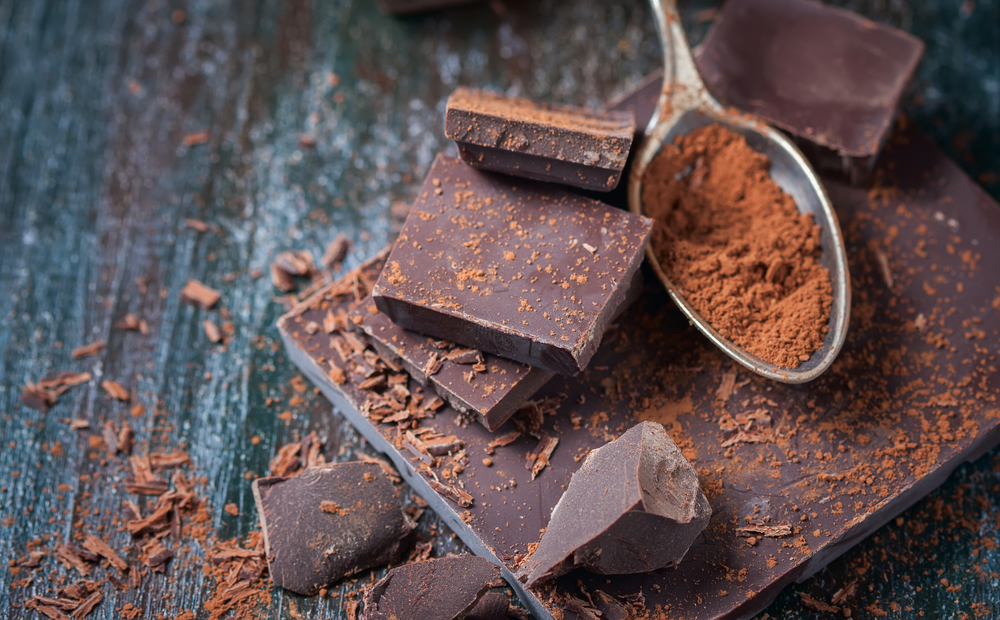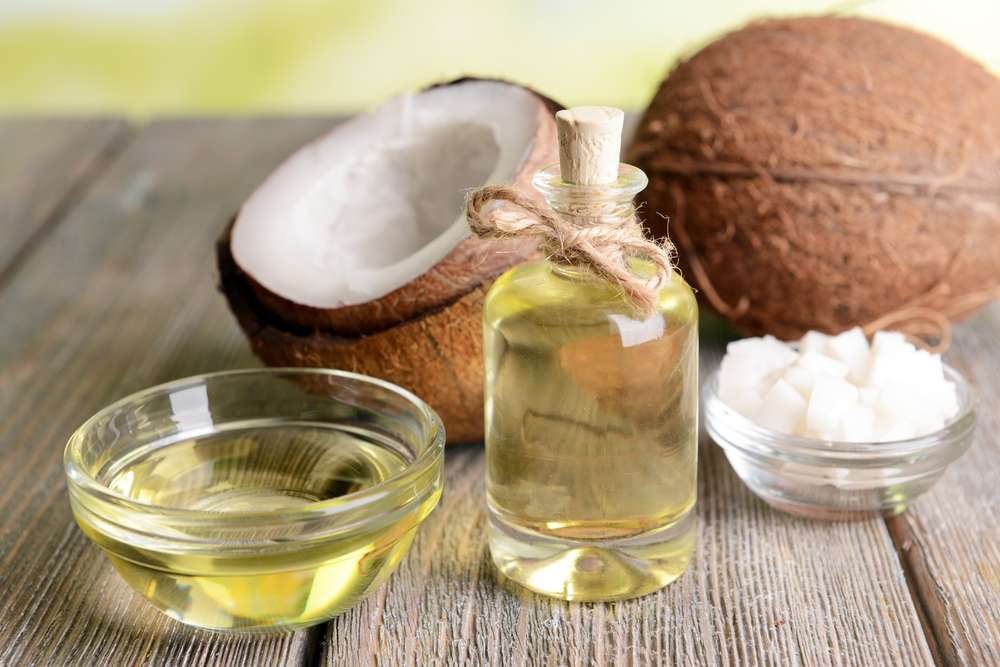Have you been suffering from memory loss?
Forgetfulness is a standard complaint among older adults. Becoming forgetful can be embarrassing and upsetting. While some memory loss may be inevitable, research has found that you may be able to eat your way to a healthier brain.
Even though we’ve always known that what we eat affects our bodies and how we look, scientists continue to uncover evidence that what we consume plays a massive role in the health of our brains.
Eating plenty of brain foods matters when it comes to staying mentally sharp and focused, especially for our gray matter. Our gut and brain are tightly connected, and when we focus on giving our bodies whole, nutritious foods, we help care for both.
So which foods are best for your brain? We found 8 superfoods that not only taste great but have also been scientifically proven to boost brain power and improve your memory!
Fatty fish
Fatty fish is commonly at the top of the list when people talk about brain foods. This includes salmon, herring, trout, albacore tuna, and sardines, which are fantastic sources of omega-3 fatty acids.
Roughly 60% of your brain is made of fat, and half of that comprises omega-3 fatty acids. Our brains use omega-3s to create brain and nerve cells, and these fats are vital for our memories.
Omega-3s may also slow age-related mental decline and help keep you away from Alzheimer’s disease. On the other hand, not getting enough omega-3s is linked to learning impairments and depression.
Generally speaking, eating fish simply has many positive health benefits. Studies also show that people who eat fish regularly tend to have more brain gray matter. Gray matter contains the nerve cells that control memory, decision-making, and emotion.
Avocados
Even though this fruit often gets a bad rep because of its high-fat content, it’s important to note that this green powerhouse is packed with the “good” kind of fats, which have been shown to lower rates of cognitive decline and keep your blood sugar levels at a steady pace.
Having both vitamin K and folate, avocados help prevent blood clots in the brain, as well as help improve brain functions related to memory and focus. They’re also very rich in vitamins B and C, which aren’t stored in your body and have to be restocked daily.
Plus, they have the highest protein and lowest sugar content out of any other fruit. Not too shabby if you ask us! The creamy texture of avocados makes them a brilliant addition to smoothies and a genius replacement for fats in baked goods.
Blueberries
These berries provide a variety of health benefits, including some that are specifically for your brain. Like the other deeply colored berries, blueberries deliver anthocyanins, a group of plant compounds with anti-inflammatory and antioxidant effects.
Antioxidants work against oxidative stress and inflammation, contributing to decreased brain function and neurodegenerative diseases. The antioxidants in Blueberries have been known to accumulate in the brain and help enhance communication between your brain cells.
According to research, blueberries could help improve memory and specific cognitive processes in children and older adults. We recommend you sprinkle some over your breakfast cereal, add them to a smoothie, or enjoy them as is for just a simple snack.
Bone Broth
This miracle liquid is the ultimate food for healing your stomach and, in turn, also helps heal your brain. Bone broth is full of benefits, ranging from boosting your immune system to healing leaky gut, improving joint health, and aiding with food allergies.
Due to its high levels of collagen, it can help reduce intestinal inflammation. And its healing amino acids like proline and glycine keep your immune system functioning at its best and help improve your memory.
Bone broth is what most doctors frequently prescribe because it truly helps heal your body from the inside out. You’ll also be amazed at how simple and economical it is to make at home.

Dark Chocolate
Dark chocolate and cocoa powder contain a few brain-boosting compounds, such as caffeine, flavonoids, and antioxidants. These benefits aren’t seen with milk chocolate containing 10–50% cocoa.
Chocolate flavonoids gather in the brain’s areas that deal with learning and memory. Researchers believe these compounds may enhance memory and help slow down age-related mental deterioration.
Several studies back this up. According to a study of over 900 people, those who ate dark chocolate more often performed better in a series of mental studies involving memory than those who rarely ate it.
Chocolate is also a mood booster, according to experts. One study found that participants who ate chocolate experienced increased positive feelings compared to those who ate crackers.
However, it’s still unclear whether that’s because of compounds in the chocolate or simply because the tasty flavor makes people happy.
Celery
This veggie certainly offers many benefits for a vegetable with such few calories, just 16 per cup.
Its high levels of antioxidants and polysaccharides serve as natural anti-inflammatories and will help relieve symptoms related to inflammation, including joint pain and irritable bowel syndrome.
Because it’s so nutrient-dense, packing tons of vitamins, minerals, and nutrients with very few calories, it’s a great snack option if you want to lose some extra weight.
But even though we usually just eat the celery stalks, don’t forget the seeds and leaves. Both provide great benefits and taste delicious in things like stir fries and soups.
Nuts
Studies have shown that eating nuts can significantly improve heart-health markers, and we already know that having a healthy heart is closely linked to having a healthy brain.
Research also shows that eating regular nuts regularly is connected to a lower risk of cognitive decline in seniors.
Also, a study performed in 2014 found that women who ate nuts regularly over several years had a sharper memory compared with those who did not eat them at all.
Nutrients in nuts, such as antioxidants, healthy fats, and vitamin E, might be able to explain their beneficial effects on our brain health. Vitamin E defends cells against free-radical damage to help slow down cognitive decline.
And even though ALL nuts are perfectly suitable for your memory, walnuts may have an extra dose since they also deliver anti-inflammatory omega-3 fatty acids.

Coconut Oil
With so many uses for coconut oil out there, there’s almost nothing that this oil can’t help you with. When it comes to your memory and brain in general, it can help suppress cells that are responsible for inflammation.
It might even be able to help with memory loss as you age and fight harmful bacteria that hang around in your stomach.
Coconut oil and any other related MTC oil are also two of the most popular fats for people who are on the keto diet, which research indicates may offer benefits related to decreased Alzheimer’s risk due to ketone bodies having a neuroprotective effect on one’s aging brain cells.
Natural coconut milk and coconut flakes also provide healthy fats and some fiber for belly support.
Be sure to leave us a comment below to let us know how many of these memory-boosting superfoods have worked for you.
And if health issues are a concern for you, we have many more articles for you to enjoy, including this one: 6 Detox Foods That Work Even Better Than Apple Cider Vinegar







